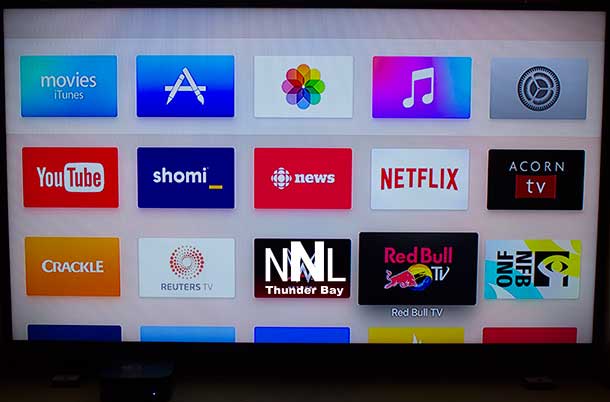In an increasingly interconnected world, it’s frustrating to be blocked from accessing websites, streaming services, or online content simply because of your location. This is where a VPN can become your digital passport to a world without borders.
What are Geo-Restrictions?
Geo-restrictions are limitations placed on internet content based on your geographical location. Do I need a VPN at home? Streaming platforms like Netflix, Hulu, and BBC iPlayer often have different content libraries for different countries due to licensing agreements. Similarly, some websites or online services might be completely inaccessible in certain regions.
How VPNs Bypass Geo-Restrictions
A Virtual Private Network (VPN) encrypts your internet traffic and routes it through a server in a location of your choice. This masks your actual IP address, making it appear as if you’re browsing from that server’s location.
Here’s a simple breakdown:
- Connect to a VPN: Choose a VPN provider and install their app on your device.
- Select a server: Choose a VPN server in the country where the content you want to access is available. For example, to watch BBC iPlayer, connect to a server in the UK.
- Access your content: Once connected, your IP address will reflect your chosen location, allowing you to bypass geo-restrictions.
Benefits of Using a VPN
Beyond bypassing geo-restrictions, VPNs offer several other advantages:
- Enhanced Privacy: Encryption protects your online activity from prying eyes, including your internet service provider (ISP) and potential hackers.
- Secure Public Wi-Fi: VPNs secure your connection on public Wi-Fi networks, safeguarding your sensitive information.
- Bypass Censorship: In some countries, governments restrict access to certain websites or online services. A VPN can help you bypass these restrictions.
Choosing the Right VPN
Not all VPNs are created equal. Here are some factors to consider:
- Server Network: A vast network of servers gives you more options for bypassing geo-restrictions.
- Speed and Reliability: Choose a VPN with fast speeds and reliable connections for smooth streaming and browsing.
- Security and Privacy: Look for strong encryption protocols and a no-logs policy to protect your data.
- Ease of Use: Opt for a VPN with a user-friendly interface and easy-to-navigate apps.
Is it Legal?
While using a VPN is legal in most countries, it’s important to check local laws and regulations, as some countries have restrictions on VPN usage. Additionally, be aware of the terms of service of the platforms you’re accessing, as some might prohibit the use of VPNs.
Unlocking the Internet with a VPN
VPNs are powerful tools for bypassing geo-restrictions and accessing a world of online content. By masking your IP address and encrypting your connection, they provide a secure and private way to break down digital borders and enjoy a truly global internet experience.






